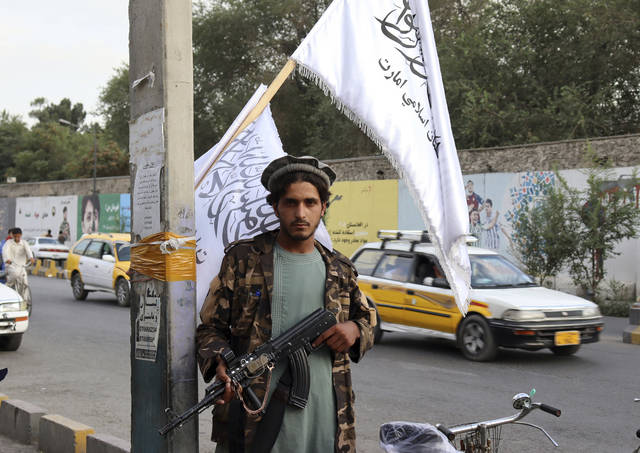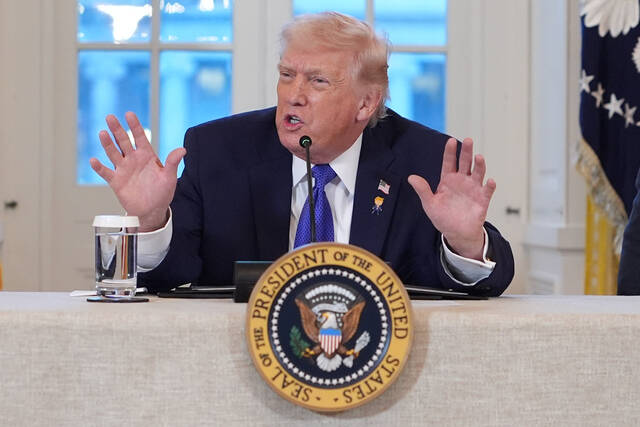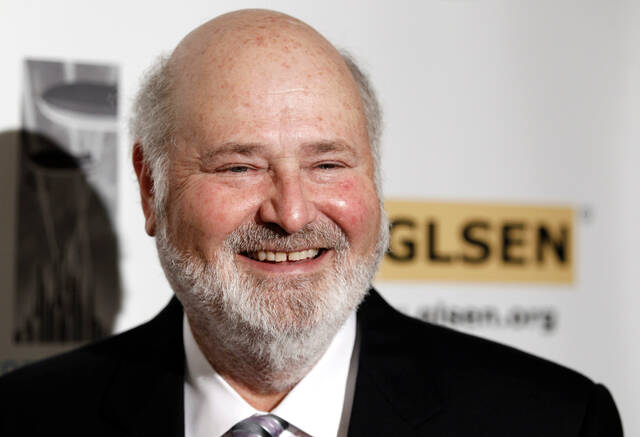“I wouldn’t have withdrawn,” said Sen. Lindsey Graham on CBS’s “Face the Nation.” “I would have kept the counterterrorism forces on the ground … working with indigenous forces. That’s the best insurance policy against another 9/11.”
Says Graham: “The chance of another 9/11 just went through the roof.”
It has indeed.
For the 20th anniversary of Sept. 11, 2001, the Taliban flag will fly over Kabul. That’s not what anyone expected in November 2001, when U.S. troops removed the Taliban. The Taliban’s return is a consequence of removing a small but highly successful contingent of American “counterterrorism” troops, as Graham rightly calls them. This highly trained force did a commendable job keeping peace.
Prior to last week’s deadly suicide-bomber attack, it had been 18 months since a U.S. combat death in Afghanistan. Our troops kept the lid on a volatile situation, which had the objective not of “winning a war” but preventing another 9/11. The goal was to reach a level of sustained stability, to deny terrorists a safe haven to plot against America. Our troops would remain there for decades to come, as they have in South Korea, Japan, the Philippines and Germany for over 70 years.
One person who understood that thinking was Sen. John McCain.
In December 2014, McCain spoke out against Barack Obama’s appointment of Antony Blinken as deputy secretary of state, calling Blinken “not only unqualified, but, in fact, in my view, one of the worst selections of a very bad lot that this president has chosen.”
McCain warned Blinken’s thinking was “dangerous to America and to the young men and women who are fighting and serving it.” He feared Blinken would push for a total withdrawal of U.S. troops from Afghanistan, leading to a “replay” of what had happened in Iraq when Obama withdrew troops there, creating the devastating conditions for ISIS to rise. That very same ISIS, now revived in Afghanistan, orchestrated the deadly suicide bombing against our troops last week at the Kabul airport. Thirteen U.S. service members died — 11 Marines, one Army sergeant and one Navy corpsman — along with 170 Afghans.
McCain pointed to Afghanistan: “Mr. Blinken said, ‘We’ve been very clear, we’ve been consistent. The war will be concluded by the end of 2014. We have a timetable, and that timetable will not change.’ This is why I’m so worried about him being in the position that he’s in because if they stick to that timetable, I am telling my colleagues that we will see the replay of Iraq all over again. We must leave a stabilizing force behind of a few thousand troops or we will see again what we saw in Iraq.”
That was precisely what we had left in place in Afghanistan. The small stabilizing force of a few thousand troops was working, until removed by Biden, and by Blinken.
Seven years after McCain’s warning, newly inaugurated President Biden promoted Blinken to secretary of state. He proceeded to do precisely what McCain warned against.
And now, with American peacekeepers out and the Taliban in, Afghanistan is poised to become what it was on Sept. 11, 2001.
“For the next 20 years, American presidents will be dealing with this catastrophe in Afghanistan,” says Lindsey Graham. “Terrorists are now in charge of Afghanistan. … We’ve entered into a new deadly chapter.”
We have indeed.








